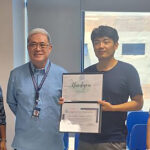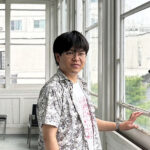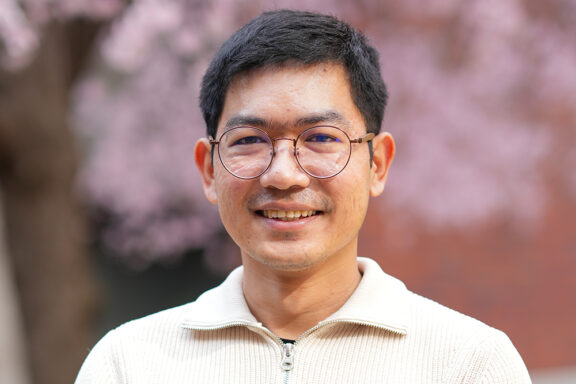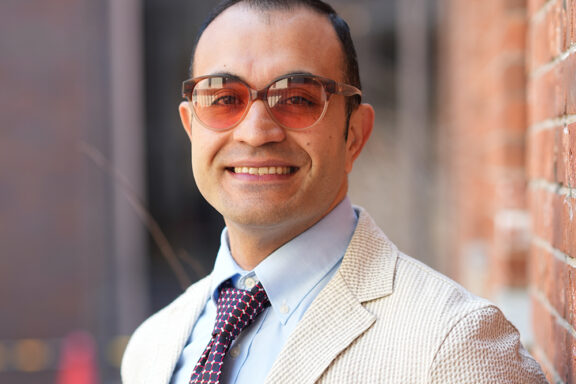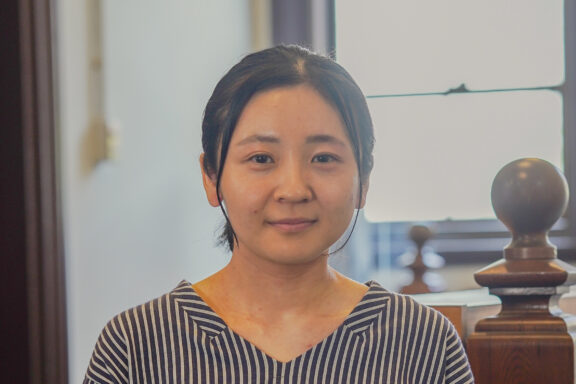My first engagement with the Center was in mid-2020, during the early stages of the pandemic. As an Indonesian virologist, I wrote for the “Corona Chronicles: Voices from the Field” about the spread of SARS-CoV-2 in Southeast Asia,1 downplaying its mutational risks (which, in hindsight, was severely misguided). Last year, I officially joined the Center as a visiting staff under the tutelage of Assoc. Prof. Ryota Sakamoto. An insightful conversation (at a nomikai) with Prof. Wataru Yamazaki, an expert in veterinary medicine and zoonosis, inspired me to apply for the Hakubi Program, leading to my faculty position at the Center in April this year.
My first scientific foray, however, was in clinical medicine about sixteen years ago. After graduation, I spent five years at the HIV/AIDS center at Indonesia’s national referral hospital and engaged in multicenter clinical research on HIV treatment. The disease was much more prevalent then, and the government had just begun distributing free antiretrovirals. We attended to over a hundred clients daily, yet our understanding of this chronic infection remained limited. The desperate question from countless people—‘Can I ever be cured?’—sparked a reflection on my academic goals and eventually propelled me to Japan to pursue basic research on an HIV cure.
In the virology lab at Kobe University, I learned (aside from how to avoid blisters from gripping pipettes) about the enigmatic nature of viruses, but also the sheer vastness of information held within the genomes of living organisms (including viruses, if we consider them ‘living’). Viruses are mere genetic materials wrapped in capsids, so virologists naturally have to understand genetics. I myself utilized the then-novel CRISPR-Cas9 DNA scissors to excise the HIV genome from infected cells, which was fortunately successful.2 Nevertheless, the scarcity of animal models for HIV in Japan led me to relocate to a translational (‘from bench to bedside’) virology institute in the United States in April 2020.
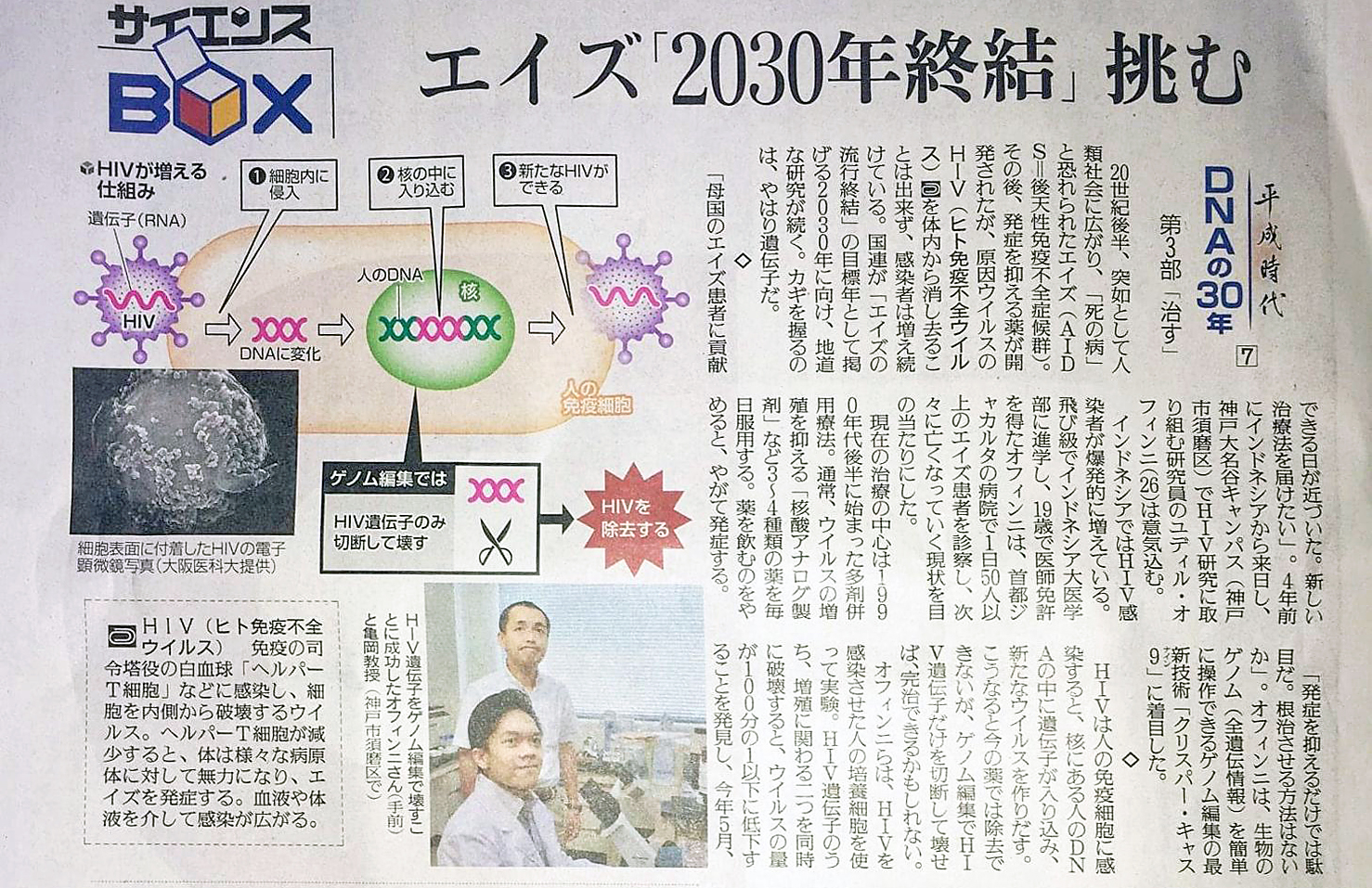
The COVID-19 pandemic marked a watershed moment for everyone, including me. Confined to my single-room lodging in Boston, I became acutely aware of how biomedical scientists are similarly confined in their own sanctuaries, often oblivious to real-world issues and implementations. I had fallen into the same trap—unable to make tangible contributions despite my experience in virus research, and detaching even further from ‘actual’ problems. As I spent many long days in the lab tinkering with SARS-CoV-2 mRNA, I pondered instead about inequities in vaccine distribution (“How can I hand this mRNA to my self-isolating mother in Jakarta?”), the ethical struggle between public health and personal autonomy, and, more profoundly, the root causes of viral pandemics.
It became clear that the answer to the latter, zoonosis—animal-to-human pathogen transmission—underscores the recurring culpability of human actions in ecological breakdowns. A 2022 Nature paper linked man-made climate change to increased animal habitat changes and the risk of cross-species viral spillover.3 One figure in the paper maps the risk distribution, and my heart sank when I saw the Indonesian archipelago shining the brightest—it is a breeding hotspot of viruses! Such a warning compelled me to adopt a more holistic, more-than-human approach to virology and infectious diseases, especially concerning my home country.
The Center for Southeast Asian Studies is where I first encountered many open-minded researchers from diverse disciplines, including virology and genetics, gathering from across the globe to share knowledge and fieldwork expertise to address specific “wicked problems.” I could not be more relieved for this opportunity.
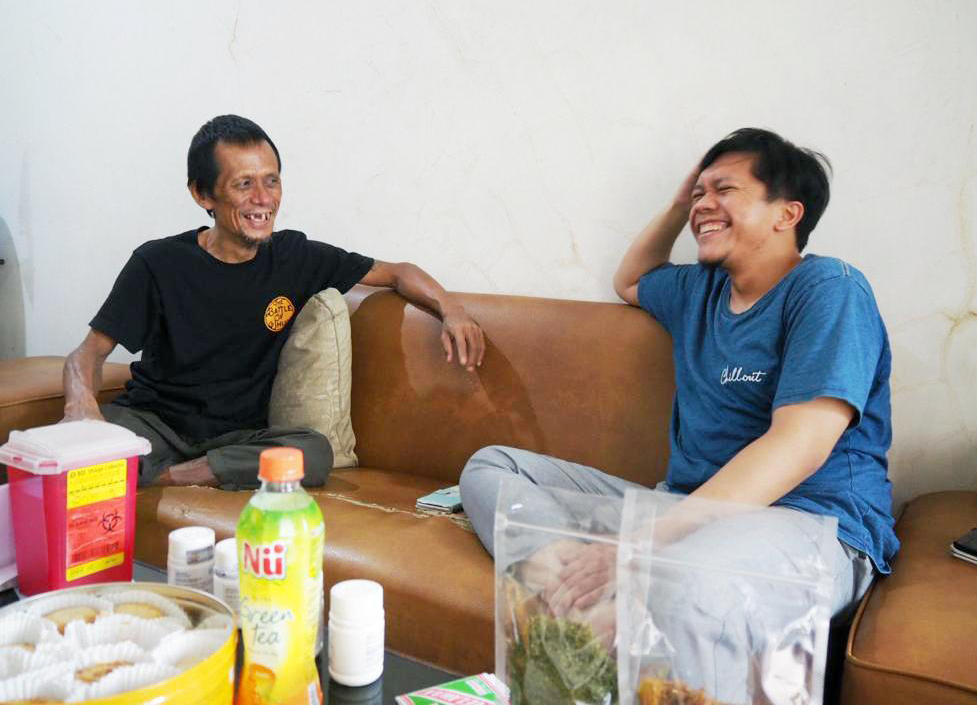
Notes
- Youdiil Ophinni, “SARS-CoV-2 Mutation and Dissemination in Southeast Asia: Implications for a Prospective Vaccine,” “Corona Chronicles: Voices from the Field,” Center for Southeast Asian Studies, Kyoto University, 5 June 2020. ↩︎
- Ophinni, Y., Inoue, M., Kotaki, T. et al. CRISPR/Cas9 system targeting regulatory genes of HIV-1 inhibits viral replication in infected T-cell cultures. Sci Rep 8, 7784 (2018). https://doi.org/10.1038/s41598-018-26190-1 ↩︎
- Carlson, C.J., Albery, G.F., Merow, C. et al. Climate change increases cross-species viral transmission risk. Nature 607, 555–562 (2022). https://doi.org/10.1038/s41586-022-04788-w ↩︎
This article is also available in Japanese.>>
新任スタッフ紹介:オフィンニ ユディル

